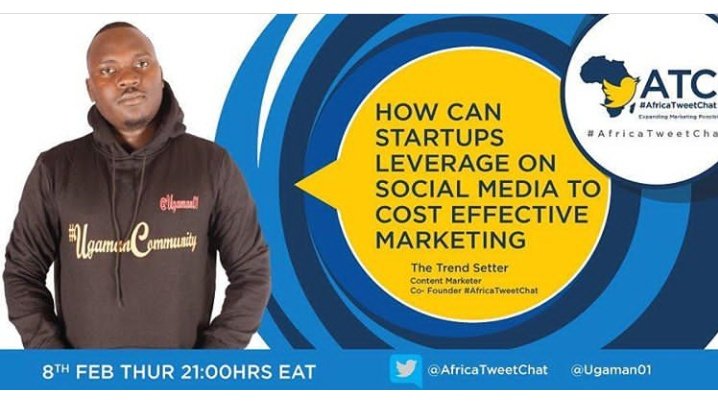As ML is being deployed in domains like healthcare, education, & recruiting, it’s critical we understand scenarios in which model outputs may be unreliable during deployment. 2/
arxiv.org/abs/1812.04597 (AISTATS’19).
A key advantage of this approach is that it does ... 5/
Some slides on these topics.
Healthcare, Time, and Causality: The Tricky Trio dropbox.com/s/77gms79wjsvm…
Reliable Predictions by Leveraging Causal Reasoning dropbox.com/s/j4w920elxmsd…
amazon.com/Measure-What-M…
amazon.com/Crucial-Conver…
and amazon.com/High-Output-Ma… 18/








